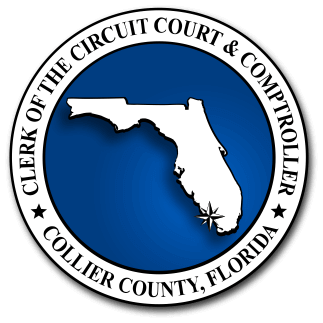
According to donorbox.org, December is often the busiest time of year for donations. Around 31% of donations are made in December alone, and 12% come in the final three days of the year. In fact, 28% of nonprofit organizations raise from 26 to 50% of their annual funds through their end-of-year campaigns. Non-profit organizations fill a critical role in providing services to those in need in our community, but it is important for donors to be prudent in researching and evaluating the charities they are supporting.
Here are a few tips to help you ensure that your donations are having the greatest impact on our community, in the way you intended.
- Verify a charity’s tax-exempt status on IRS.gov before donating goods, services, or money. You can review their Forms 990, to determine if their annual filings are current, and review changes from year to year. These forms detail the salaries of the top executives, the amounts paid to their largest contractors, the specifics of their revenues and spending, and the amount of funds raised that are being held in reserve for future programs.
- Donate to trusted, well-known charities. Beware of scammers who create fake charities following natural disasters. Always verify a charity’s legitimacy through its official website. Contact the Florida Department of Agriculture and Consumer Services at fdacs.gov or 1(800) HELP-FLA to check the legitimacy of a charity, or to see if there are any complaints recorded.
- Ask the fundraiser for the charity’s exact name, web address and mailing address, so it can be confirmed later. Some dishonest telemarketers use names that sound like large well-known charities to confuse people. Individuals should never let any caller pressure them, a legitimate charity will be happy to get a donation at any time.
- Confirm all phone numbers for charities. If you need to contact a charity by phone, check the charity’s official website to see if the number you have is legitimate. If you’re using text-to-donate, check with the charity to ensure the number is valid before donating.
- Ignore suspicious emails requesting donations or other assistance, do not click on any links or open any attachments. Scammers regularly use email for phishing attacks and to spread malware.
- Verify information in social media posts before you give. Crowd-funding websites often host individual requests for help, but they are not always vetted by the site or other sources.
- Beware of fake charities, which are part of the IRS’s Dirty Dozen tax scams for 2022. The IRS recently announced their efforts to fight fraud during Charity Fraud Awareness Week, October 17-21, 2022. They recommend you take these precautions when remitting payment to a charity:
- Donors should not work with charities that ask them to pay by giving numbers from a gift card or by wiring money, as this is typically how scammers ask people to pay.
- If you’re donating online, make sure the webpage where you enter your payment information has “https” in the web address. That means your information is encrypted and transmitted securely. Encryption alone doesn’t mean the site is legit. Scammers know how to encrypt, too.
- It’s safest to pay by credit card or check, only after having done research on the charity.
In Collier County, the Office of Inspector General serves under the Clerk of the Circuit Court with a mission of improving the effectiveness of internal controls, and preserving the public trust by providing independent, objective audits, reviews and investigations designed to add value and improve Collier County government. If you have questions or concerns about fraudulent activities, you are encouraged to reach out to the Inspector General’s Office locally by telephone (239) 252-8412 or by reporting fraud, waste and abuse online at CollierClerk.com.
